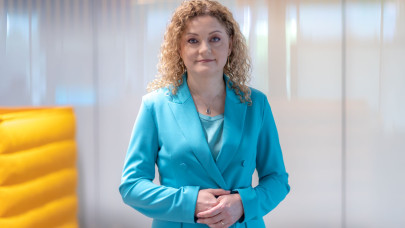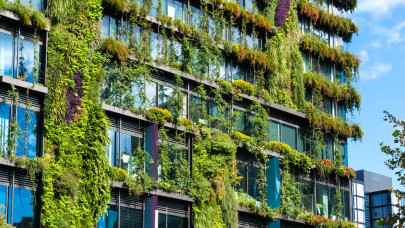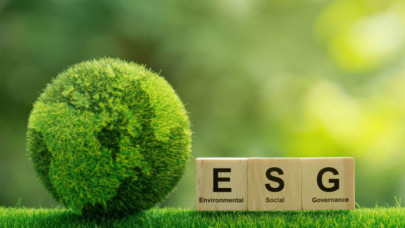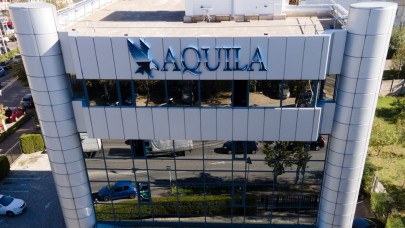The 2015 Paris Agreement sparked a movement across the economy to reduce or eliminate carbon emissions. A recent Gartner survey found that 87% of business leaders expect their sustainability spending to increase in the next two years.
But despite this growing commitment to decarbonization, a sizeable knowledge and skills gap remains a barrier to progress. Furthermore, companies are increasingly relying on partners with expertise in the field of sustainability to support them in decarbonizing their operations.
Schneider Electric operates as an Impact Company, placing sustainability at the core of its business to achieve a positive, lasting impact on the planet and society. With Electricity 4.0 at the heart of the program, the Sustainability School compliments and strengthens this commitment, supporting partners in accelerating climate action across three core pillars: Strategize, Digitize, and Decarbonize.
Recognizing that small and medium-sized enterprises (SMEs) often lack the knowledge and tools required to establish climate targets, measure impacts such as carbon emissions, and benchmark and disclose progress, the comprehensive training platform is designed to support them in embarking on their decarbonization journey.
Over three chapters, it covers a range of topics from energy efficiency and renewable energy to circular economy and sustainable transportation.
- Chapter 1: Understanding Sustainability and the risks involved. In the first chapter, attendees will learn the basics of sustainability, including the science and jargon behind it and why it is crucial for businesses to take environmental, social, and governance factors (ESG) seriously.
- Chapter 2: Discover how to take sustainable action as a company, launching Q3, 2023. The second chapter focuses on how SMEs can build a decarbonization strategy, including information on easy-to-implement tools that can support them in decarbonizing their own operations and that of their customers.
- Chapter 3: Leverage sustainable skills to increase business opportunities, launching Q1, 2024. The third chapter summarizes the key knowledge and tools learned throughout the program – from energy efficiency to decarbonization – to support attendees in putting the theory into practice.
Schneider's purpose is to empower all to make the most of our energy and resources, bridging progress and sustainability for all.














